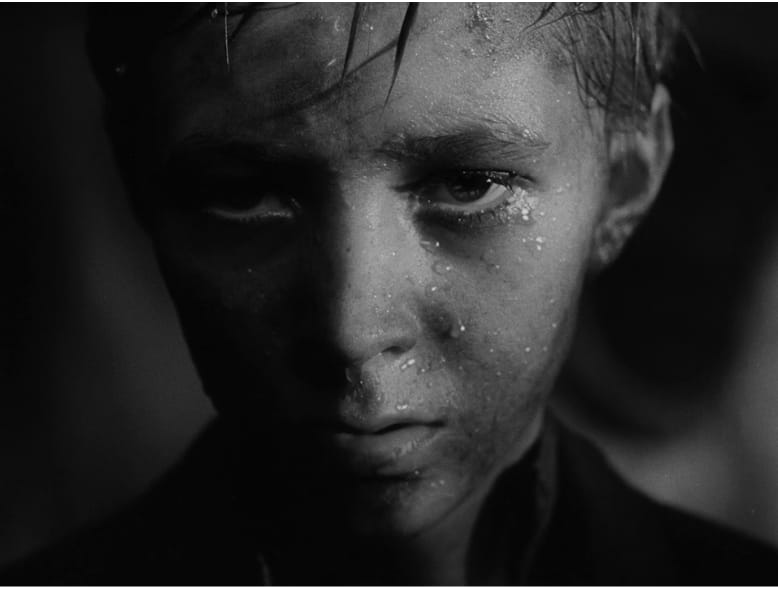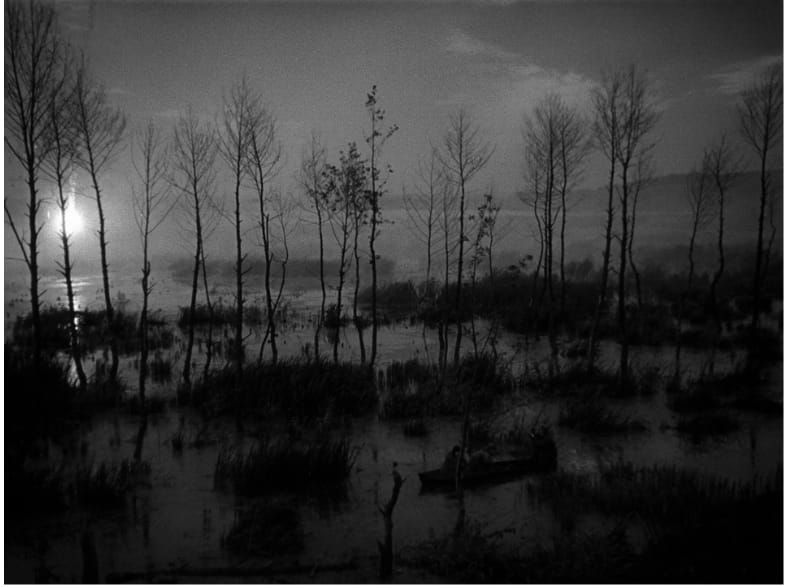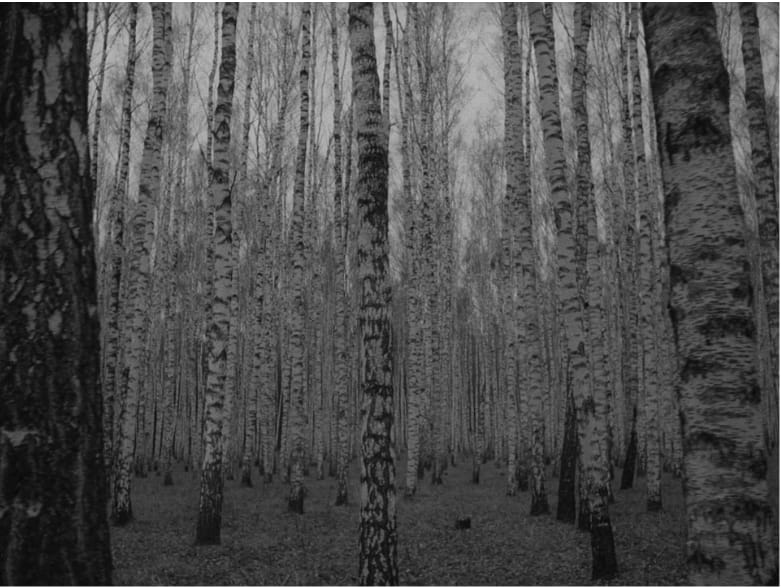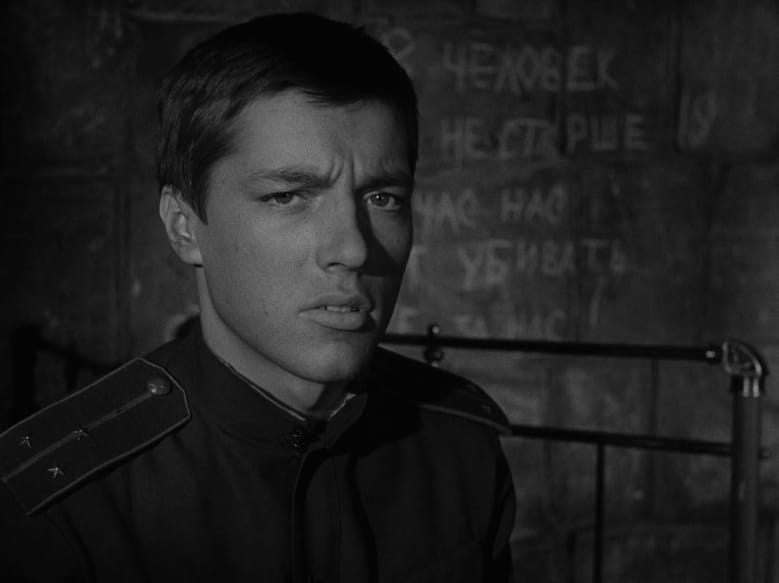- Michael Kuhlman's Blog
- Posts
- Power vs Knowledge February 10, 2023
Power vs Knowledge February 10, 2023
Feb 10, 2023
What’s the difference between power and knowledge?
Welcome back. It’s the fourth blog. This time let’s explore power vs knowledge. I read The Prince by Nicolo Machiavelli to understand power. I read The Republic by Plato to understand knowledge. Here’s some thoughts about what I learned.
Machiavelli wrote The Prince around 1513. From that period, only this book and Shakespeare are still widely read today. The Prince is a short book on how to gain and wield political power, a guidebook on realpolitik. Realpolitik is a German word that refers to a specific view of the world. The view is that the game of power should be played with an understanding of how the world really is versus attempting to force a perspective based on personal morales or common values. It’s looking at what the world is versus how it should be. This book is for people that think power is more important than personal values or morality. One must learn the game and play the game, because without power, one cannot make the rules. The rationale is if you don’t learn the ways to hold and use power, someone else will, and that person could be a tyrant. Machiavellian power games are everywhere in workplaces, corporations, politics, or royal courts.
I do not like The Prince and I don’t think I like Nicolo Machiavelli and his teachings. I say this, but I’ve read it twice, and I find the book helpful and insightful. I have a begrudging respect for The Prince. I don’t like the contents of the book. The subject matter is social manipulation and power dynamics, topics I simply don’t like. I don't like most of the advice written. The world would be better if the book was not here. But in the course of history, someone would have written it, so here it is. The insights from this book are useful, however, so it’s useful to recognize how social or political power works.
Power is so satisfying because it’s all there is. Everything outside of acquiring power is a hobby. A life without power is boring. Power, or the pursuit of power, is a cure for boredom. A body with a purpose will reward itself with dopamine. Searching or having power can cure depression or boredom. Feeling powerful can remove anxiety. A lot of people would argue it’s better to have tried and failed in life rather than to not have tried at all. You can hold power and fucking feel it. Power feels more real than tangible stuff that you buy. You don’t have to agree, but now you have to find a better alternative to hackable dopamine. We aren’t much different than rats pushing the morphine button at Rat Park.
Being in power means you are future-proofing you and your family’s wants and needs. Power allows for propagation of your genes for long term survival of the fittest. When you have power, people around you do what you say. One has to make lots of right decisions along the way to gaining power. One aspect of gaining power is that decisions can actually become easier once you go far along the position of power. In some high enough positions in corporations, for example, people can get promoted high enough where they don’t have to make any decisions at all anymore.
For me, at this point in my life, work means the pursuit of more power. I define “more power” here as pursuit of higher status than current (a subjective judgment I use to compare myself now to where I could be) and money (objective, concrete measured in units, etc.). I work to get things I value. Right now I value status and money.
There is a balance between acquisition of power and knowledge. I prefer the pursuit of knowledge. To me, knowledge is a greater pursuit because I have an optimistic disposition. A simple example is promotion of healthy over unhealthy habits. All people can become healthier. For many people, they could become much healthier in a short amount of time, in the span of weeks or months. The first step is awareness that current experience could be better. Next step is to develop a desire to change. Then acquisition of knowledge of how to change. Next is developing an ability to act. The last step is sticking to a commitment to long term sustainment of the change.
I’ve been listening to lectures from a PHD in philosophy, Dr. Michael Sugrue (https://www.youtube.com/@dr.michaelsugrue). I needed the help to understand the books on a deeper level. His lectures are great. They were filmed in the 1990’s and have a timeless quality about them. Sugrue did a lecture on The Prince, and a series on The Republic. Sugrue makes the point that no king would be able to trust someone like Machiavelli’s prince. Any man or woman who actually followed the guidance within the pages would be a major liability. They wouldn’t be worthy of trust. They’d likely prioritize their own ambitions over the needs of the king/needs of the court.
A person with strict adherence to the teachings in The Prince views personal morals as a limiting weakness. So those without morals can bypass the weak. It’s an exciting system, in a way. I couldn’t stand this book. I find the content disagreeable. I don’t like power games for their own sake. To live and prosper in that worldview, it would be nothing but stress. It would be a life full of stress because I would never be able to calm down and trust anyone around me. It must be like Putin is feeling right now (right now over a year of the Russian invasion into Ukraine).
I prefer the pursuit of knowledge because there is no end point on the pursuit of the beautiful and the good. A negative feeling can keep on getting worse. But the positive can keep on getting better. Pursuit of money is a pursuit of power, because money allows you to get the things you want. Money is a means to an end.
In order to understand knowledge versus power, I listened to the ten books in The Republic. I enjoyed it, and I actually gained a lot of insight from the ancient text. The Republic is a beautiful work of art. There is so much in this book worth knowing. It feels like a light read, but conveys a lot of wisdom. Plato explores big topics. The book is a catalog of interesting conversations. It’s like a podcast from 375 BCE, but actually better because the speakers share interesting dialogues. The questions and answers have a natural flow, the worldviews idealized and captured within a character. Plato covers the pursuit of knowledge, what justice means, or what an ideal civilization would look like. Characters in the book have conversations about big topics, the important questions of life. Wisdom includes thinking through life’s big questions. The book promotes an exploration of the essential topics of life. Life is better guided by wisdom than desire. The struggle of modern man in 2023 is one big real life Rat Park.
Real conversation is important because it can be where opposing viewpoints are exchanged. Done correctly, each side’s truth making method is on display, and through speech, can be analyzed and challenged. This is the nature of communicating complex ideas to common people. Most conversations are not moving the dialectic forward. All it takes to progress the dialogue forward is for one person to talk, and the other to listen, ask, and challenge in the right ways. Question what voices you let into your head. If the conversations you’re letting inside your head aren’t having meaningful conversations, question what value they bring. If it doesn’t bring you value, stop listening. Silence is better than unhelpful chatter.
Both Plato and Machiavelli wrote about power. Machiavelli said “power is the ultimate good.” He says the ends justify the means. At the end of the power game, it’s the winners that set the rules. Nothing matters unless you or someone you want sets the rules. It reminds me of the phrase “nice guys finish last”.
Plato wrote The Republic for an audience of the lucky few who were literate and lived in city states like Athens. Outside the city walls, uncultured barbarians reigned the lands through power of the sword. Plato comments on the benefits the city walls allow for, benefits like peace and ability to trade goods. Knowledge could not flourish outside of civilization. With the pursuit of knowledge there must be an understanding of power. The city would be quickly overrun if men were only focused on pursuit of knowledge.
So this is where the Prince comes in, for this book is as if the barbarians came from within the city’s walls. Machiavelli is outlining rules of engagement if power is primary. Power and power dynamics are here to stay, as long as people remain social creatures. In some ways, I’m sad for humanity. I’m sad at the prospect humanity may never exceed the ego. Humanity may never move past barbarian-like power dynamics. We could nuke ourselves into extinction before we make off planet living viable. Humanity may never expand among the stars because enough people wield power irresponsibly. We’ve transcended our biology in many interesting ways, but if the nukes go off, we’ll be set back into a dark age.
We need wisdom over power. But as a rule, the ones in power make the rules. It’s a very tricky situation.
I’ll end this piece on something good. Plato describes the good as pursuit of the Good, the True, and the Beautiful. Good is represented by the sensation of going directionally upward and toward a blinding white light. I was doing research for the previous blog and I found an interview with Dr. Iaian McGilchrist. In a conversation about beauty and art, he mentioned his favorite director was Andrei Tarchovsky. Tarchovsky was Russian director of films released in 1960’s and 70’s.
As of the time of this writing, it has been little more than a year since the Putin-led Russian invasion of Ukraine, with no end in sight. I watched his first film, Ivan’s Childhood (1962). I found a high def version with English subtitles free online, and I watched it in two sittings. It’s a black and white film with gorgeous cinematography.
Ivan’s Childhood is a slow and serious film. The performances were stoic and wonderful. The music was perfect. The shots were gorgeous. The film is set in Nazi-occupied Russia during World War II. The plot follows a band of Russian troops and a boy, Ivan, who insists on doing his part in fighting in the War. Watching an older, slower movie is a great opportunity to calm down and appreciate the beauty in each moment. Look at some of these screenshots below.


These screenshots don’t do justice to the scene.

Each of these is good enough to be a picture on their own.

I thought of all of the Ukrainians who’ve been displaced due to the conflict. I watched an interview with Ukrainian president Volodomir Zelensky on David Letterman’s Netflix talk show. He mentioned the children of Ukraine have lost their childhood in this generation. That stuck with me while watching this film. It was a sad and beautiful movie that communicated the essence of what it means to be human. War is a terrible thing. But difficult times bring about a beautiful strength from somewhere deep within the human spirit.
This was my first Tarkovsky film, and I loved it. I will watch Andrei Rublev (1965) next.